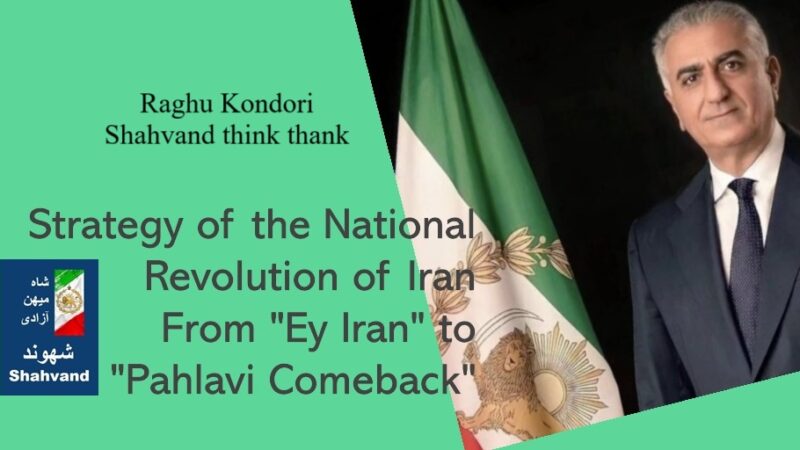God’s language

If the God you pray to does not understand your language / By seeking the meaning of life, we can explore spirituality…

Raghu Kondori:
If the God you pray to does not understand your language and wants you to pray in His language, it is better to choose a God who understands your language. Otherwise, you will have to change your language.
This sentence refers to a philosophical and religious concept based on the interaction between man and God. This is a deep and philosophical question that has been discussed by theologians and philosophers for centuries. There is no easy answer because it depends on individual beliefs and values.
Some people believe that the most important thing is to believe in God, regardless of whether God understands their language or not. They might argue that God is omniscient and omnipresent, and therefore can understand our thoughts and feelings, even if we don’t express them in the language we normally speak. Others may believe that it is important to pray in a language we understand because it allows us to connect with God in a deeper way. They might argue that praying in a language we don’t understand is just an empty exercise.
This concept can be interpreted in several ways:
- Cultural and linguistic diversity in prayer: This sentence can refer to the importance of linguistic and cultural diversity in prayer and worship. If you choose a God who doesn’t understand your language and culture, maybe it’s better to choose another God who accepts and understands this diversity.
- Language change as a symbol of identity change: Changing the language of prayer to the language of another God may signify a change of identity and acceptance of another culture. This could indicate social or religious pressure to accept a new identity.
- Choosing the god who is closest to you: This sentence may indicate that humans should choose the god with whom they feel closest and most connected, whether linguistically, culturally, or emotionally.
Ultimately, this sentence emphasizes the importance of personal choice and interaction with religion and spirituality, highlighting the value of an honest and authentic relationship with God. Deciding which god to pray to or in what language to pray is a personal decision. There is no right or wrong answer, and the most important thing is to find what feels right for you.
Exploring your own beliefs and values may be helpful in making this decision. You may also want to research the beliefs of different cultures and religions about prayer, which can help you expand your understanding of prayer and its role in your life.
Ultimately, the most important thing is to find a God you believe in and pray in a way that feels right to you. This choice should not only reflect your beliefs and values, but also allow you to establish a deeper and more meaningful connection with your spirituality.
By seeking the meaning of life without relying on religion, we can explore spirituality in a way that allows us to discover meaning—and perhaps even a sense of the divine—both within ourselves and throughout the universe, here and now.
Raghu Kondori
Shah Homeland Freedom™ #ShahHomelandFreedom™
Shah Patrie Liberté™ #ShahPatrieLiberté™
™شاه میهن آزادی™ #شاه_میهن_آزادی
Copyright © 2023-2025 Raghu Kondori. All Rights Reserved.

